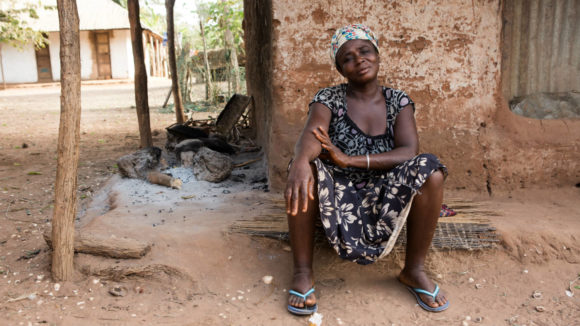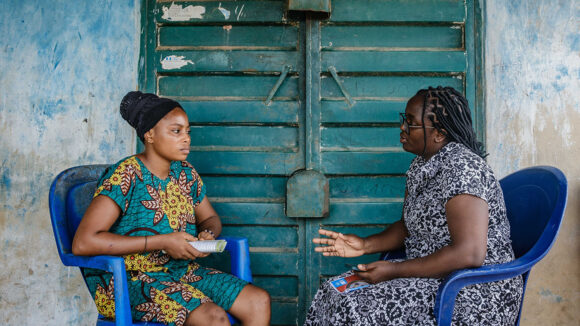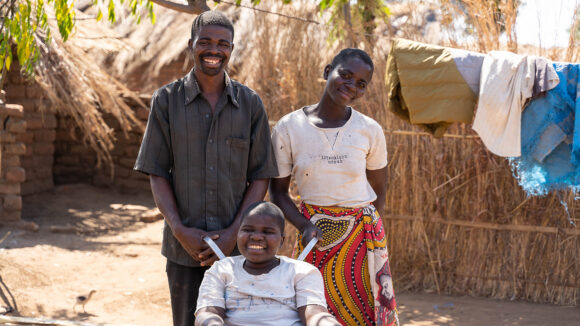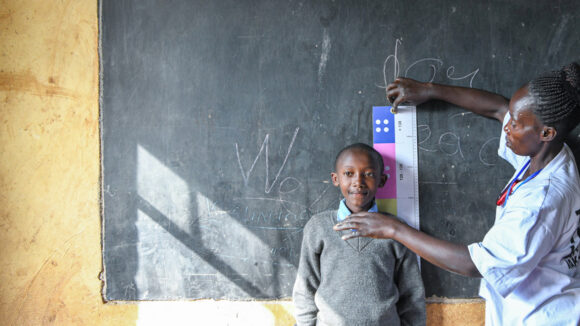Sightsavers’ research on NTDs and disability is published by Oxford University Press
Research conducted by Sightsavers that looks at the relationship between disabilities and neglected tropical disease treatment has been published by Oxford University Press.
The research, published via the Royal Society of Tropical Medicine & Hygiene, discusses the negative health, financial and socio-cultural consequences that are experienced by both people with neglected tropical diseases (NTDs) and people with disabilities.
The research states: “We believe that disability is not yet prioritised on the development agenda, and that there are multiple opportunities to make NTD programming more inclusive to the benefit of those at this neglected intersection and beyond.”
The research also identifies the need to scale up, integrate and invest in inclusive NTD programmes that are focused on health systems. It says: “Realisation of the Sustainable Development Goals, universal health coverage and the control and elimination of NTDs all rely on ensuring people with disabilities are not left behind.”

Read the full research
The report, entitled ‘People are neglected, not diseases: the relationship between disability and neglected tropical diseases’, has been published on the Oxford University Press website.
View on research siteHow disability and NTDs overlap in our work
Malam Mubarak is a volunteer from Nigeria who distributes treatment for NTDs. He also has a disability: a limp on his left side.
He has found that his disability increases people’s willingness to accept the treatment. “I tell them my leg was not like this before. I explain everything so they will collect and use the treatment. I can give them hope of recovering.”
Read all our latest news stories
News from Sightsavers
Why community collaboration is important in our research
Our research on female genital schistosomiasis has highlighted the need to establish a safe and supportive environment for participants when studying sensitive topics.

Sightsavers responds to report into FCDO’s work on disability inclusion
A report on the UK government’s development strategy and how inclusive it is of people with disabilities was published on Thursday 4 April.

“Our programme has transformed communities”
Now in its sixth year, the Accelerate programme has already delivered 53 million treatments to protect people from trachoma, and managed 91,000 advanced cases of the disease.